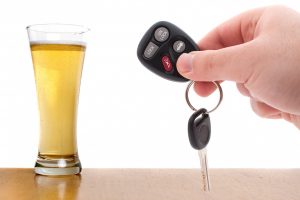Criminal Defense for Attorneys Accused of Crimes in California

As legal professionals, we dedicate our careers to upholding justice, protecting our clients, and navigating the complexities of the legal system. However, even attorneys can sometimes face criminal accusations, including charges like ethical misconduct, fraud, obstruction of justice, or perjury under California’s Penal Code. Such allegations may carry serious consequences, from criminal prosecution and hefty fines to incarceration and disbarment, along with significant damage to one’s reputation and well-being. If you or a colleague is accused, it’s crucial to understand the charges and explore possible defenses. Here’s a look at common criminal offenses attorneys in California may encounter.
Penal Code § 118 – Perjury
Perjury is the crime of knowingly making false statements under oath in a court proceeding, deposition, or official affidavit. This offense can apply to an attorney if they provide false testimony or submit falsified legal documents. A conviction carries a felony penalty of up to four years in state prison.
 Los Angeles DUI Attorney Blog
Los Angeles DUI Attorney Blog










